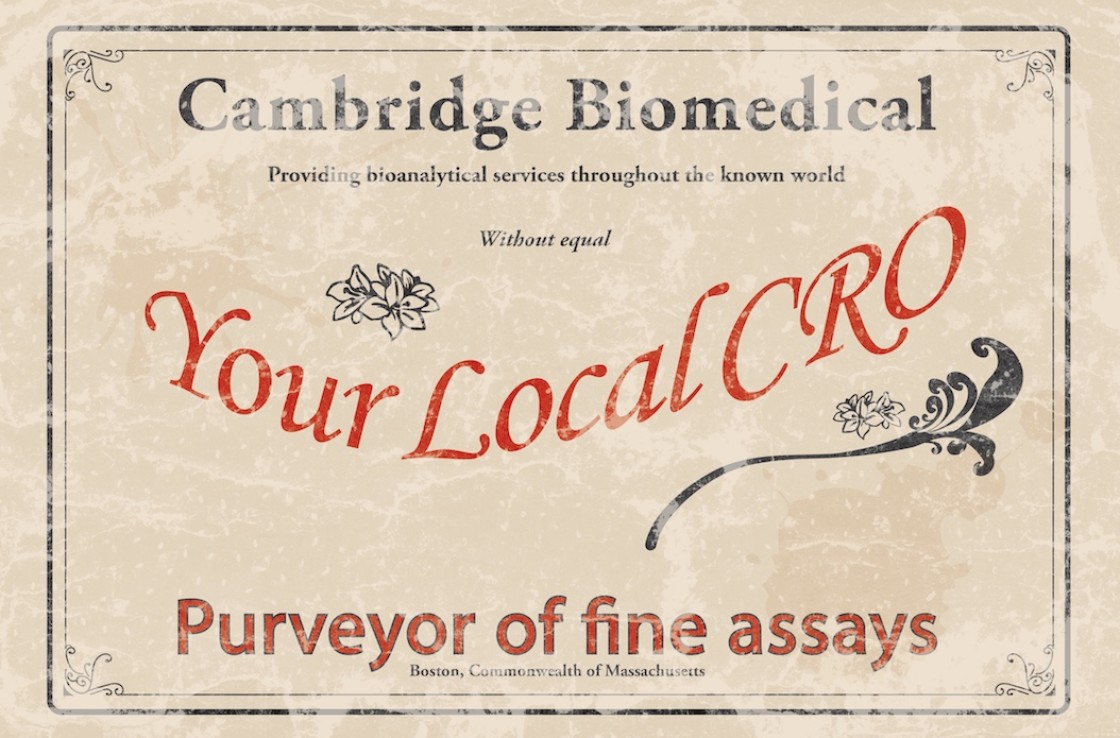Researchers have discovered a new target for treating treating multiple myeloma, an incurable bone marrow cancer.
The research revealed that the majority of myelomas rely on a protein called MCL-1 to stay alive. Potential drugs that inhibit MCL-1, which are in pre-clinical development, may be a promising new treatment for multiple myeloma.
Each year more than 1700 Australians are diagnosed with multiple myeloma, which is a cancer of immune cells called plasma cells. Currently available treatments are only able to halt the progression of the disease and relieve symptoms, but cannot cure the disease.
Walter and Eliza Hall Institute researchers Dr Jianan Gong, Dr David Segal, Ms Yuan Yao, Professor Andrew Roberts and Professor David Huang, working with researchers at the Australian Centre for Blood Diseases, Monash University and theAlfred Hospital, investigated the ‘survival proteins’ that keep myeloma cells alive, allowing the cancer to persist.
